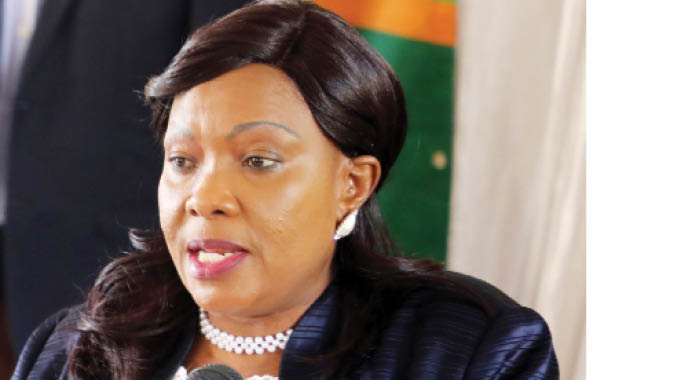Zesa hikes tariffs by 50 percent

Chronicle Reporter
THE Zimbabwe Electricity Transmission and Distribution Company (ZETDC) has increased tariffs by 50 percent for the second time in a month.
ZETDC, a Zesa unit, increased tariffs last month and in September by the same margin.
Pre-paid consumers will now pay ZWL$1,67 per kWh for the first 50 units, ZWL$3,65 for 51-200 and ZWL$9,92 each for 201-300 units.
Consumers will be charged ZWL$15,57 per unit if they intend to buy more than 300 units per month. The power utility has over the years been lobbying for higher tariffs arguing that its charges were sub-economic. At one time Zesa officials told Parliament that the parastatal was technically insolvent.
Officials argued that movements in the exchange rate and inflation threatened the power utility’s viability if it did not raise tariffs, with the long-term impact being failure to maintain the grid.
Last year, Government took a decision to implement a tariff indexation formula that aligns Zesa tariffs to the movements in inflation and the exchange rate. This was aimed at ensuring that tariffs reflect generation, import and distribution costs to prevent Zesa from returning to the days when it could not afford to buy coal, pay for imports, maintain its power stations or repair faults.
According to the new tariff schedule released by ZETDC with effect from yesterday, customers are now being charged ZWL$83,50 for the first 50 units. “Consumers will pay ZWL$ 547,50 for 51-200 units and those who wish to buy extra will pay ZWL$992,00 for 201-300 units which means those intending to buy 300 units per month will pay ZWL$1 623,00,” read the statement.
“The rates are exclusive of the six percent Rural Electrification Levy and 14,5 percent Value Added Tax (VAT). In terms of Statutory Instrument 168 of 2012, electricity charges for Domestic customers are zero rated for VAT and in terms of Statutory Instrument 215 of 2005, fixed charges on Commercial and Domestic electricity are zero rated for VAT.”
ZETDC urged maximum demand (MD) customers to utilise more of the off -peak periods.
“For a customer who attains MD during off peak, the applicable MD is the one attained during the peak or standard period. Reactive energy charge shall be applied to any reactive energy in excess of 48 percent (power factor less than 0,90) of the active power recorded (kWh) during a billing period,” read the statement.
In an interview, National Consumer Rights Association (Nacora) co-ordinator Mr Effie Ncube urged Government to intervene as residents could not afford the new prices.
He said the tariff increase will trigger an increase in the prices of other goods and services.
“This is a very difficult time for consumers because every time electricity goes up, it drives everything else up as it is a cost and inflation driver on its own. It drives the cost of bread, mealie-meal and other things up and one can calculate that for three of four times during the Covid-19 electricity has gone up,” he said.
“This is an unacceptable and difficult development and one would ask the Government to step in and ensure that Zesa survive and ensure Zimbabweans have constant supply of electricity and also take into account the poor incomes of Zimbabweans who cannot afford that is continuously rising,” said Mr Ncube.











Comments